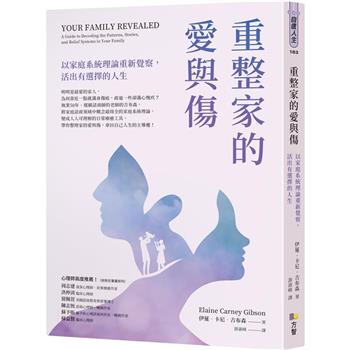Catholicism and Native Americans in Early North America interrogates the profound cultural impacts of Catholic policies and practice in La Florida during the sixteenth and seventeenth centuries.
Catholicism and Native Americans in Early North America explores the ways in which the church negotiated the founding of a Catholic society in colonial America, beginning in St. Augustine, Florida, in 1565. Although the church was deeply involved in all aspects of daily life and institutional organization, the book underscores the tensions inherent in creating and sustaining a Catholic tradition in an unfamiliar and socially diverse population.
Using new primary academic scholarship, the contributors explore missionaries’ accommodations to Catholic practice in the process of conversion; the ways in which social and racial differentiation were played out in the treatment of the dead; Native literacy and the production of religious texts; the impacts of differing conversion philosophies among various religious orders; and the historical and theological backgrounds of Catholicism in sixteenth- and seventeenth-century America. Bringing together insights from archaeology, social history, linguistics, and theology, this groundbreaking volume moves beyond the missions to reveal how Native people, friars, secular priests, and Spanish parishioners practiced Catholicism across what is now the southeastern United States.
Contributors: Kathleen Deagan, Keith Ashley, George Aaron Broadwell, José Antonio Crespo-Francés Y Valero, Timothy J. Johnson, Rochelle Marrinan, Susan Richbourg Parker, David Hurst Thomas, Gifford Waters









